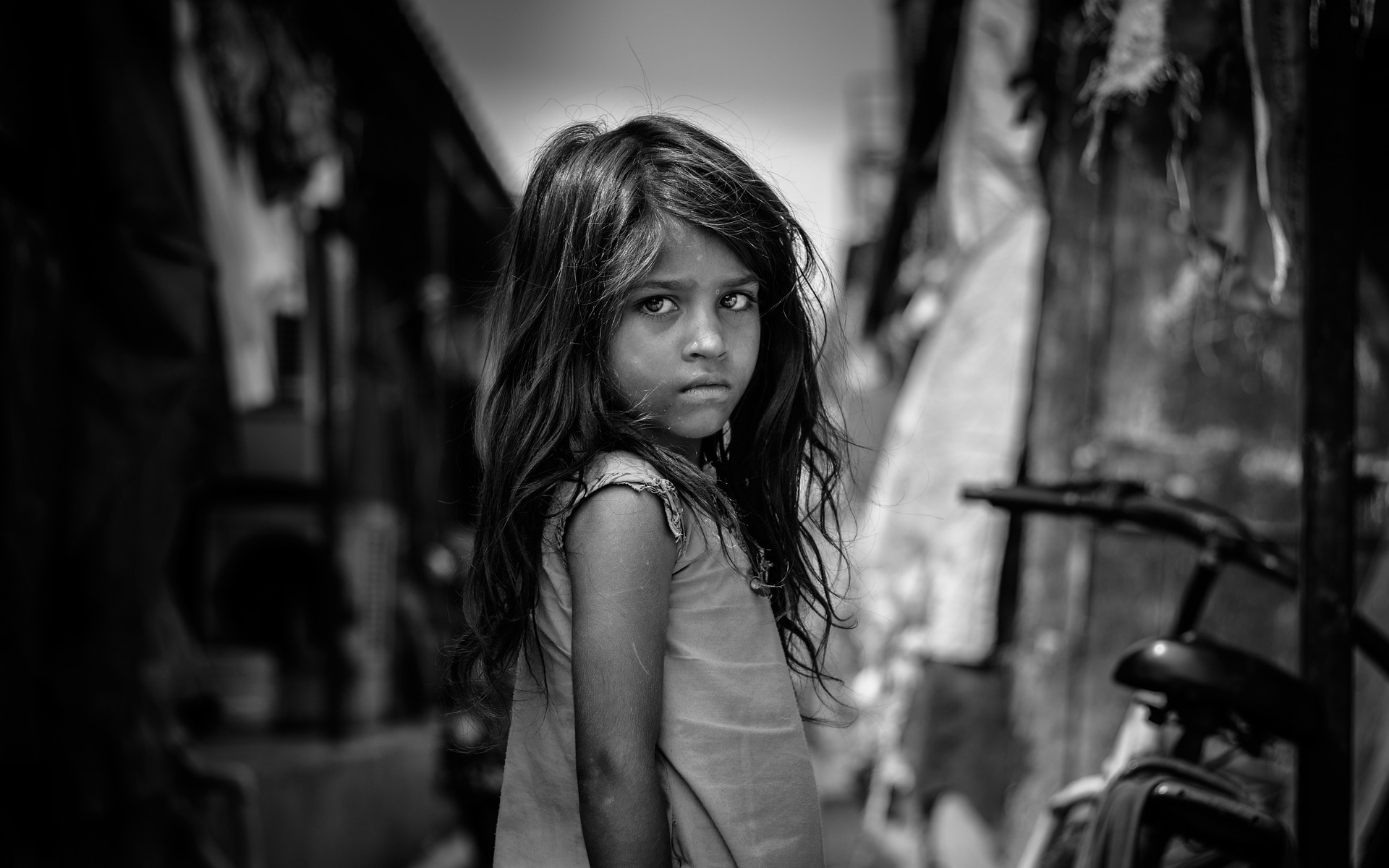
Te Whanganui-a-Tara – Kiwi child poverty policy measures improve during covid in contrast to them rising sharply during the global financial crisis.
There are 145,000 fewer children in hardship in 2021 during the covid pandemic than when hardship numbers peaked after the global financial crisis in 2011.
There were 70,000 more jobless households with children during and immediately after the GFC than during covid, prime minister Jacinda Ardern says.
Rates of hardship for Māori rose to 36 percent after the GFC, and 47 percent for Pacific people. These have since dropped to 20 percent and 24 percent respectively. This means there are 40,000 fewer Māori children in poverty now than there were after the GFC.
Around the GFC (2007 to 2011) less than 40 percent of households with children said they had enough income to cover the basics. This is now 61 percent. That’s 150,000 more households who can meet their basic needs now.
The annual ministry of social development child poverty report shows child poverty continuing to decline despite the one in 100 year economic shock caused by covid.
Despite covid causing the greatest global economic downturn since the Great Depression Aotearoa has continued to lift children out of poverty over the past two years and avoided to date the spike in poverty seen during the global financial crisis a decade ago.
There has been a reduction in material hardship and increases in both before and after housing cost incomes for those on the lowest incomes, including a 40 percent increase in after housing income for those on a main benefit since 2018.
In addition the wage subsidy and investments in skills and training through covid has delivered record low unemployment, meaning New Zealand has avoided to date the big increase of children living in jobless households that was seen in the global financial crisis.
While the report shows improvements for the worst off kids, there is a core group of children in New Zealand that lead very hard lives and there is more work to do to fix that.

